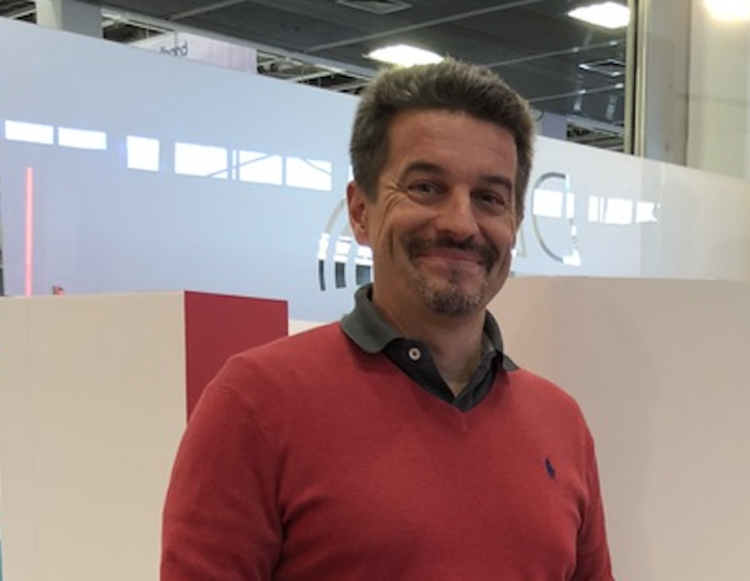A recent smart home survey has shown clear trends towards more convenience with voice control.
The Covid-19 pandemic has led to a smart home boom in Germany. According to a representative survey by the industry association Bitkom, titled ‘Smart Home 2021’, two thirds of all users in Germany now use voice commands to control their smart home. The survey also shows that convenience and quality of life are ranked higher than safety and energy efficiency.
Consumers in Germany who have experienced the benefits of smart home technology don’t want to miss the convenience that comes with it, according to the Bitkom survey. 41% of consumers in Germany already own a smart home device, and 88% of these consumers are convinced that smart home applications will be used in every household within the next few years.
When asked why they use smart home applications, 78% responded with “convenience and quality of life”, while 69% opted for “more security” and 62% for “more energy-efficiency”. In line with these findings, the most convenient way of controlling a smart home has increased the most: 65% of all consumers who are already using smart home applications control them by voice commands (2020: 52%). According to Sebastian Klöß, head of Consumer Technology at Bitkom, the smart home sector has become the main area of ??application for voice assistants. Consumers have got used to the idea of controlling their homes via voice and are less concerned about hackers than they used to be.
Trend towards voice control
Many consumers still use a smartphone app for their smart home, but the trend towards voice commands stands out. “These findings are anything but a surprise,” said Andreas Zipp, board member of the ULE Alliance. “The fact that the DECT standard is perfectly suited for the transmission of voice was one of the main reasons why today’s ULE standard for the smart home was developed on the basis of DECT frequencies,” he added, looking back at the early days of the wireless smart home standard more than ten years ago.

Andreas Zipp, board member of the ULE Alliance
Providers who use the ULE standard for their smart home solutions include Deutsche Telekom and FRITZ!Box manufacturer AVM. ULE-based devices from different manufacturers can usually be combined within one network, and free third-party applications for voice control have been available for several years. “With the ULE radio standard, manufacturers have the option of integrating high-quality voice control into their solutions, meaning they can enable their customers to reliably and conveniently control their smart homes by voice,” emphasised Zipp.
Another special feature of ULE is that voice transmission is possible in both directions. That means, for example, that smart home solutions can not only sound an alarm in case of a fire, but also provide crucial information about the location of the fire. Especially in an apartment full of smoke or at night-time when it is dark, voice messages are the best option to provide detailed information and to help people find the safest escape route. “A direct exchange with emergency services is also possible, which is also a great feature for security systems,” Zipp explained.
Customers want clear labelling which smart home products are safe to use
The Bitkom survey shows that more and more smart home devices are being used since the pandemic started. With more and more people working from home, it is no surprise that the use of smart garden tools has even doubled within a year. However, the fact that smart home solutions are getting more popular cannot be attributed to the pandemic alone. Even before the pandemic started, the trend towards smart home systems had already started in Germany. However, in order to meet the demands of their customers, manufacturers have to get their products certified and use established and secure standards, as the vast majority of users (98%) want clear identification of which smart home products are safe to us.
Main image: Gigaset